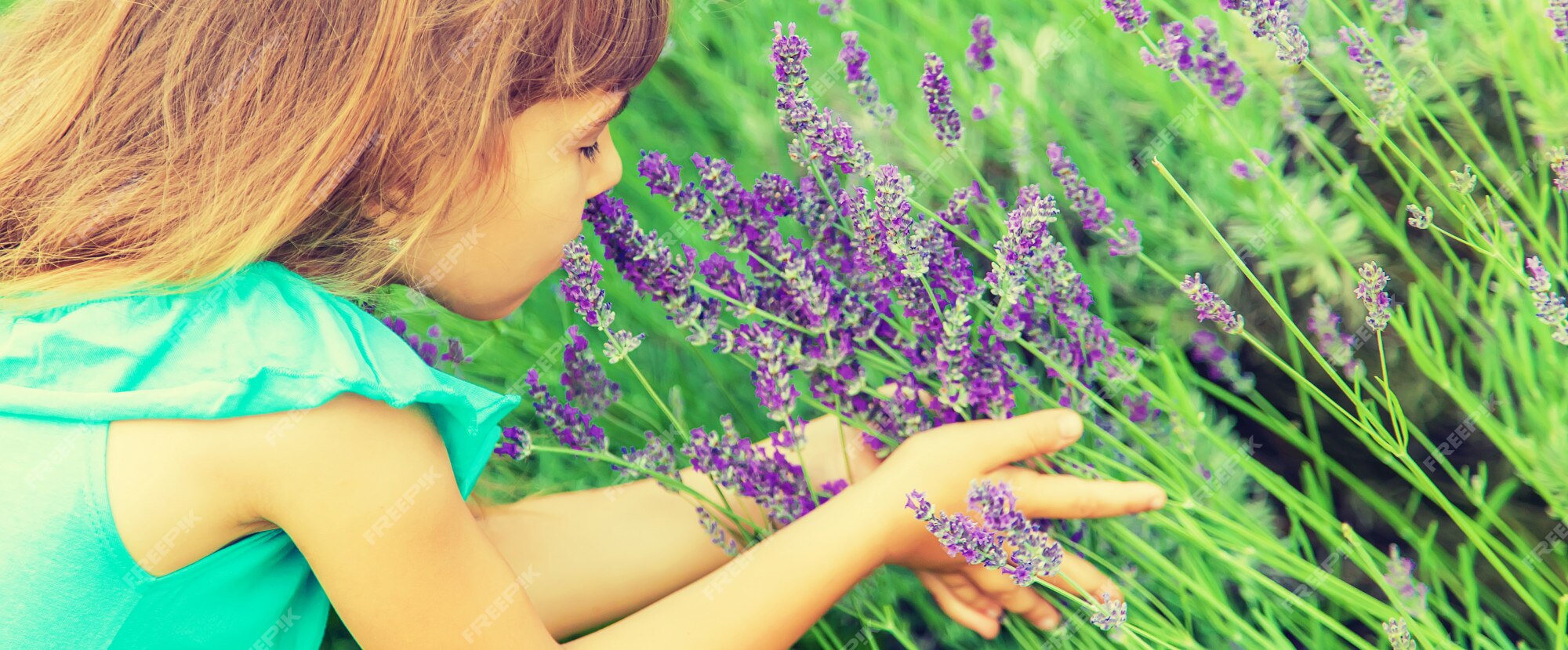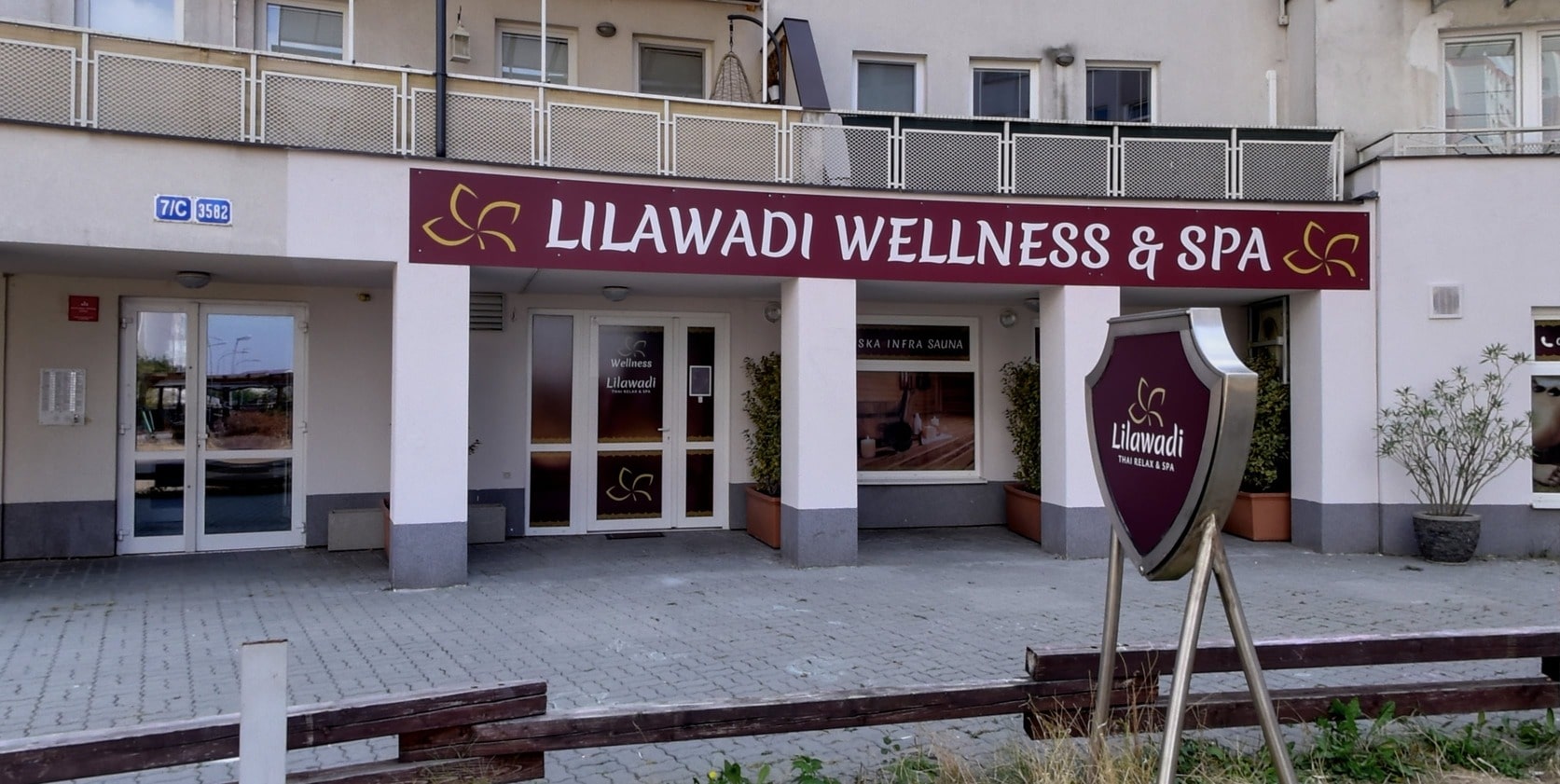Aromatherapy is also becoming increasingly popular among parents looking for alternative methods to support their children’s health. Fragrant essential oils such as lavender, chamomile and eucalyptus are known for their calming and healing effects. Are they safe and suitable for little ones? Read on to find out.
What is aromatherapy and how does it work?
Aromatherapy uses essential oils that are extracted from different parts of plants, including flowers, leaves, bark and roots. These oils are inhaled or applied to the skin to promote relaxation, reduce stress, relieve pain or promote overall well-being. Aromatherapy is also often used in traditional Thai oil massage.
While the use of essential oils is common in adults, their safety may be questionable in children. The oils are highly concentrated and can cause irritation or allergic reactions if used incorrectly. Can’t fall asleep? Aromatherapy can help.
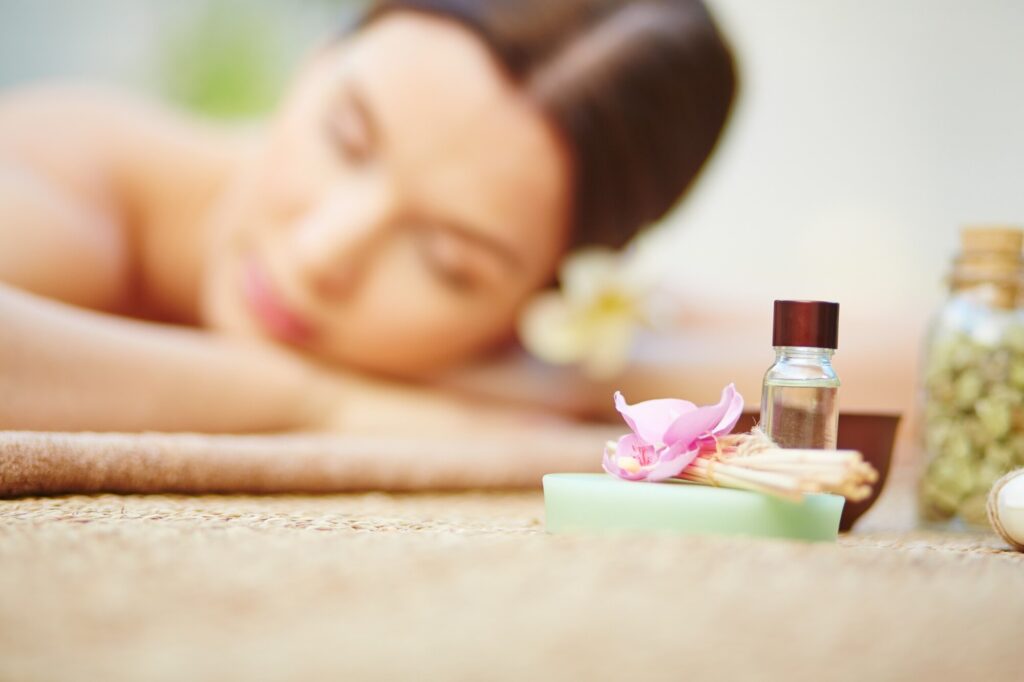
Aromatherapy for children: is it safe?
The use of aromatherapy in children requires extra caution. Children’s skin is much more sensitive and their organism has not yet sufficiently developed mechanisms to process certain chemicals. Therefore, it is important to use only oils that are safe for children, and in the right concentrations. Some oils that are completely harmless for adults may pose a risk to children.
However, according to studies, aromatherapy for children, if used correctly, is generally safe and can bring many benefits. Lavender oil, known for its relaxing effects, is often recommended to calm children at bedtime. Oils such as chamomile and rose can relieve anxiety, while eucalyptus or mint can help with breathing problems.
Tip: When choosing essential oils for children, make sure they are 100% pure, free from chemical additives and suitable for children’s bodies.
What are the benefits of aromatherapy for children?
When used correctly, essential oils can bring a variety of benefits to children:
- Improving sleep
For parents who have trouble getting their children to sleep, lavender oil can be a great help. Its gentle scent helps to relax the mind and promote deeper sleep.
Try these 8 tips for better sleep. - Relief from colds and respiratory problems
Eucalyptus and tea tree oils are known for their ability to relax the airways and relieve cold symptoms. Many parents use them in the form of inhalation baths or nebulizers in children’s rooms. - Relieve anxiety and tension
Aromatherapy with chamomile or rose oil can be helpful for children who suffer from anxiety or stress. Chamomile oil is also often used to relieve teething pain. - Strengthening immunity
Essential oils such as tea tree, eucalyptus or lemongrass can support the immune system and help with colds and flu.
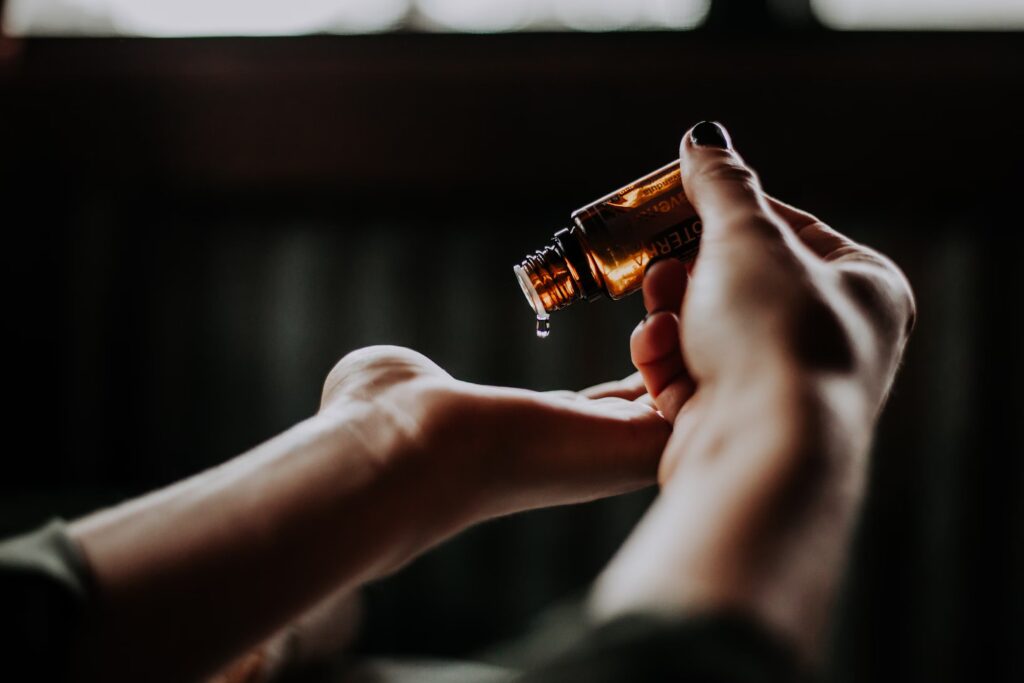
What to watch out for?
Despite the many benefits of aromatherapy, it is essential to be careful about the correct dosage and choice of oils. Some essential oils, such as peppermint, clove or rosemary, may be unsuitable for children. These oils may be too strong for a child’s system and cause irritation, breathing difficulties or even allergic reactions. In addition, it is always best to dilute essential oils in a base oil, such as almond or coconut oil, and never apply them directly to the baby’s skin.
For safe use of aromatherapy in children, it is important to:
- Use only certified, high-quality essential oils in recommended concentrations.
- Start with very small doses and monitor the child’s reactions.
- Do not use the oils internally, only for external use.
- Store oils in a cool, dry place out of direct sunlight and out of reach of children.
- Consult a paediatrician, especially when using oils on infants and young children.
Tips for using aromatherapy in children:
- Diffuser: The safest way to apply essential oils for children is to use a diffuser. This way, the oils are gently released into the air and inhaled without direct contact with the skin.
- Bath: Add a few drops of chamomile or lavender oil to your bath. This will not only help to soothe the baby but also promote good quality sleep.
- Massage: A gentle massage with diluted essential oil can be very soothing, but always do a test on a small area of the skin to make sure the baby doesn’t have an allergic reaction.
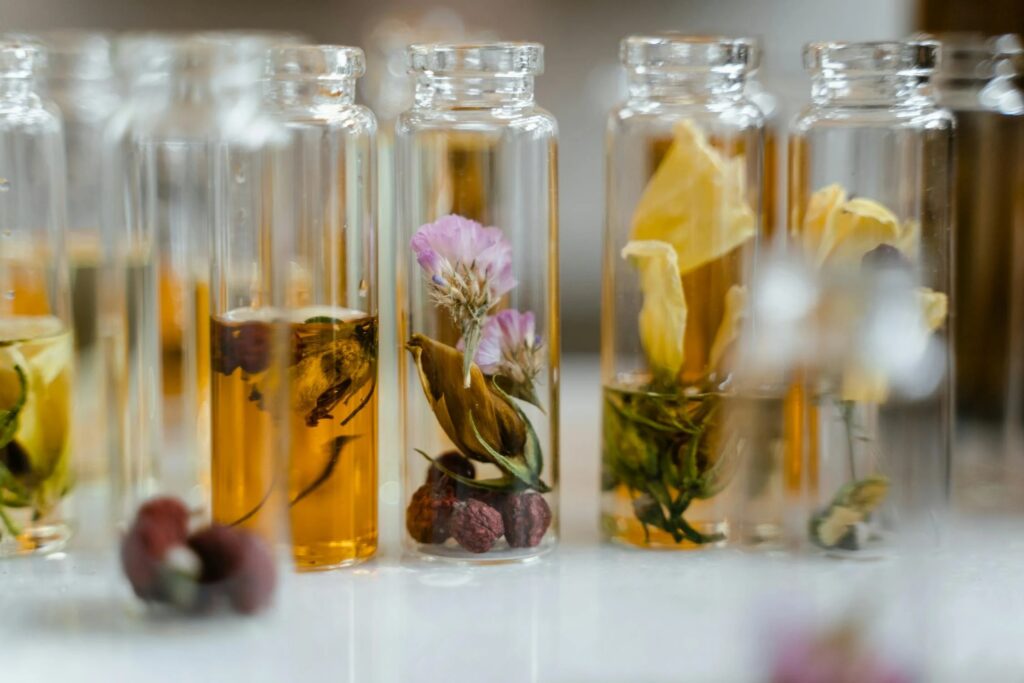
Conclusion
Aromatherapy can be a useful adjunct to childcare if used judiciously and with care. With the right choice of essential oils and their application, you can help your children feel more relaxed, healthier and happier. However, always follow the recommendations of experts and consult the use of oils with your pediatrician to avoid side effects.
Want to experience the positive effects of aromatherapy and deep massage for yourself? Try our oil massage.
